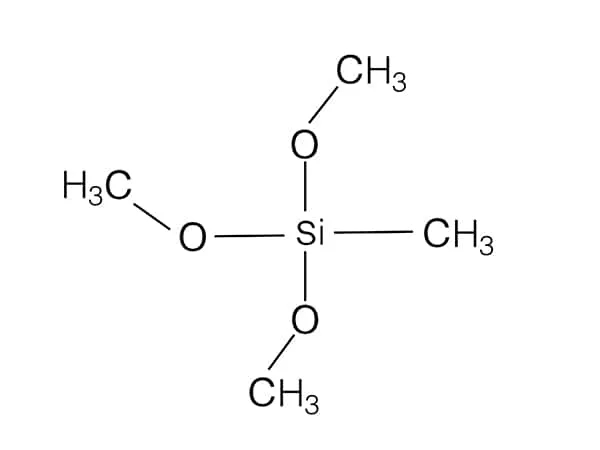Silicone oil is a versatile product used in a wide range of applications, including cosmetics, automotive, electronics, and manufacturing. With its unique properties such as thermal stability, lubricity, and hydrophobicity, silicone oil offers benefits that other oils cannot. However, selecting the right type of silicone oil for a specific application can be challenging given the variety of options available. This article will guide you through the key considerations to help you choose the best silicone oil for your needs.
How to Choose Silicone Oil
Understand the Viscosity Requirements
Viscosity is one of the most critical factors to consider when choosing silicone oil. It refers to the oil's thickness and resistance to flow. Silicone oils are available in various viscosities, ranging from very low (similar to water) to very high (like a thick syrup). The viscosity of the silicone oil you select will depend on its intended use. For example, low-viscosity silicone oil is ideal for applications requiring easy spreading or penetration, such as in cosmetics or as a lubricant for delicate instruments. In contrast, high-viscosity silicone oils are better suited for applications where a thicker, more protective layer is needed, such as in sealants or as a damping fluid.

Consider Temperature Stability
Silicone oils are renowned for their excellent thermal stability, but not all types perform equally well across different temperature ranges. When selecting silicone oil, consider the operating temperature range of your application. For high-temperature environments, such as in industrial machinery or automotive engines, choose a silicone oil that can withstand temperatures exceeding 200°C without breaking down. For low-temperature applications, ensure the oil remains fluid and functional at sub-zero temperatures. Always check the manufacturer's specifications for the temperature limits of the silicone oil to ensure it meets your requirements.
Evaluate Chemical Compatibility
The chemical compatibility of silicone oil with other materials it will come into contact with is essential to ensure performance and prevent degradation. Silicone oil is generally chemically inert, making it compatible with many substances. However, it can still react with certain chemicals, especially strong acids or bases. Before choosing silicone oil, identify all the materials it will interact with in your application. Ensure that the selected oil is compatible with these materials to avoid any chemical reactions that could compromise the effectiveness of the oil or damage other components.
Assess the Environmental Conditions
The environmental conditions in which silicone oil will be used are also important to consider. Factors such as exposure to UV light, moisture, dust, and other environmental elements can impact the oil's performance. For outdoor applications, select a silicone oil that offers UV stability to prevent degradation caused by sunlight. If the oil will be used in humid or wet environments, ensure it has water-resistant properties to maintain its functionality. Understanding the environmental conditions will help you choose a silicone oil that maintains its integrity and performance over time.